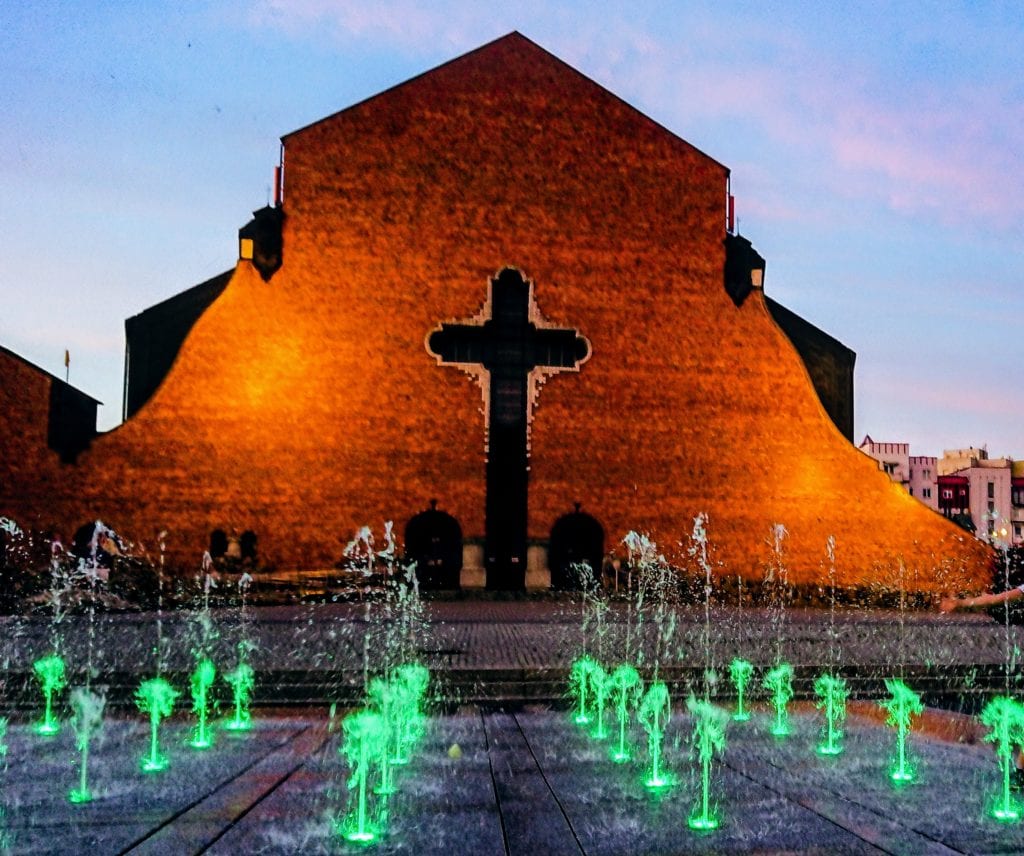Christmas is a holiday of deep reflection. No one in Europe looks into their own hearts so often during Christmas and every day as the Poles do.
Many words of wise people become timeless. This is the case, among others, with the opinions of the Holy Father John Paul II. In 1988 during his speech in the European Parliament in Strasbourg he uttered a memorable sentence: 'The old Europe needs a new evangelisation'. It is still relevant today, as evidenced by the latest study of the American institute Pew Research Center on the Catholic Church on our continent. The study conducted in 34 countries shows that 87 percent of Polish people admit to be Catholics. This is the highest percentage in the whole Old Continent.
In 2018, during the Conference of the Presidents of the Parliaments of the European Union in Tallinn, the Speaker of the Sejm Marek Kuchciński came out with a proposal to include Christianity - the foundation of European values such as tolerance, equality, democracy - in the conference conclusions. He was then supported by the presidents of the Hungarian and Lithuanian parliaments.
If we talk about a certain crisis of European identity, it may have its roots in a crisis of faith. Experts from the Pew Research Center remind us that at the beginning of the 20th century most Catholics lived in Europe. More than a century ago, in 1910, the ratio was 65 percent of the total number of believers. Today it has fallen to 24 percent.
Catholic News Agency, which analyzes the content of the American report, points out that Catholics predominate in Southern and Central Europe, with the most populous countries in this part of the world: Poland, which has the highest percentage of believers in relation to the total population: 87 percent, followed by: Italy with 78 percent and Portugal with 77, followed by Spain with 60 percent and Hungary with 56 percent of the population. But countries outside the region also have high rates: Lithuania - 75 percent and Ireland - 72. Much lower, although also significant, are the percentages of Catholics in the United Kingdom and the Netherlands - 19 percent each, and in Ukraine - 10, where in the latter the majority of local Catholics are Greek Catholics.
Believers in Central and Eastern Europe are more religious than their co-religionists in the West. On average, 44 percent of the faithful in Central and Eastern Europe go to church at least once a month, compared to 33 percent in Western Europe. The differences in the percentages praying daily are as follows: 36 to 13 percent, and considering religion very important in their lives: 31 to 13 percent, and believers in God - 91 vs. 80 percent 56 percent. In France, the percentage of those praying daily is 9 percent.
Often forgotten in discussions of European standards are the intrinsic beliefs of the people of each country, related largely to faith. Pew Research reports that
Central and Eastern European Catholics are also more conservative than their Western brothers in faith. In Western countries, the majority of the faithful support the legalization of same-sex unions. In the Netherlands it is 92 percent, in Belgium 83 percent. However, if we take a closer look at the research, we find that Catholics in Central and Eastern Europe do not agree with such solutions (in Ukraine and Bosnia and Herzegovina - less than 10 percent). The level of support for legal abortion is much lower in Central and Eastern Europe than in the West, although it is also relatively high: 47 versus 71 percent.
text/photo Marta Olejnik




